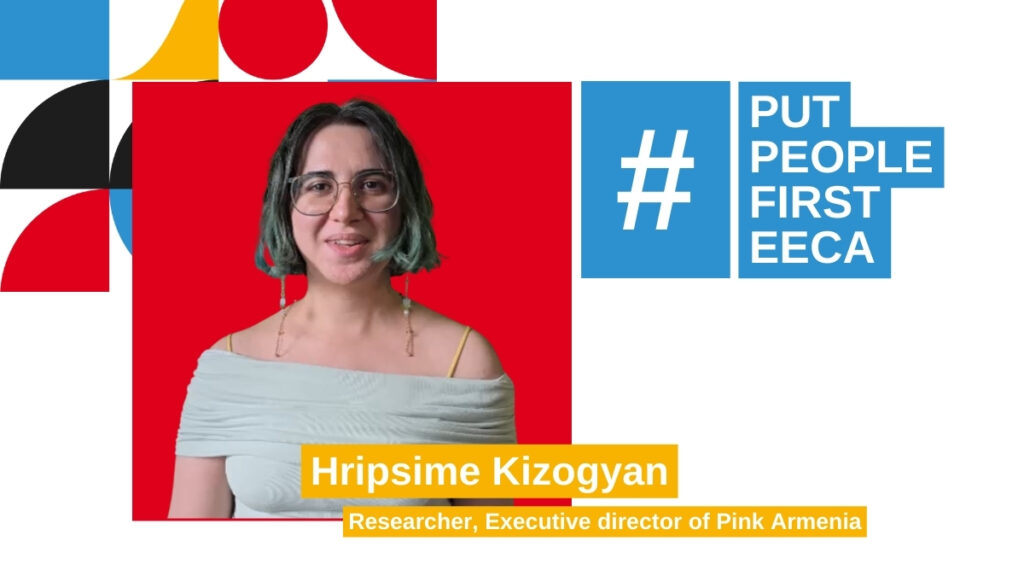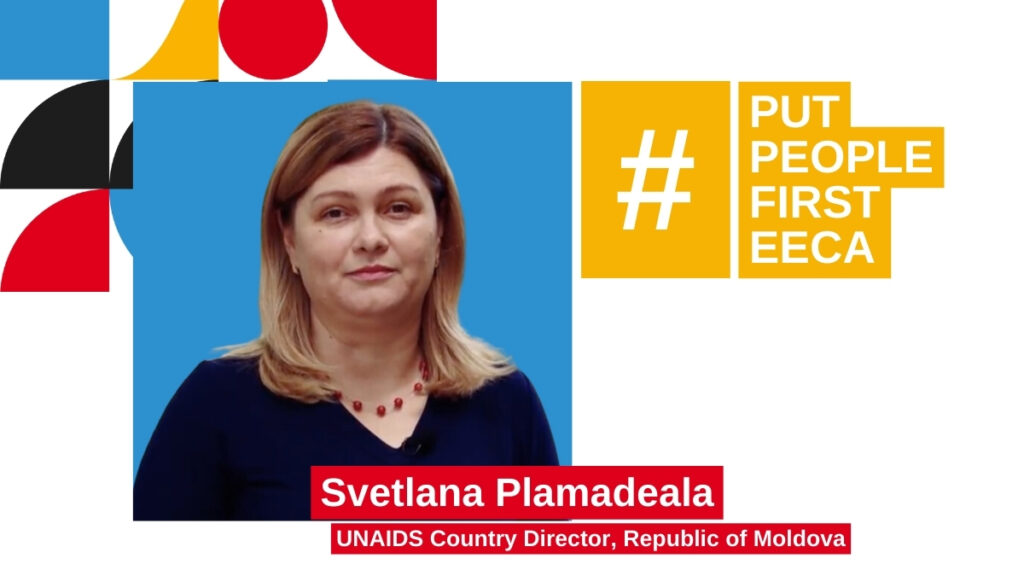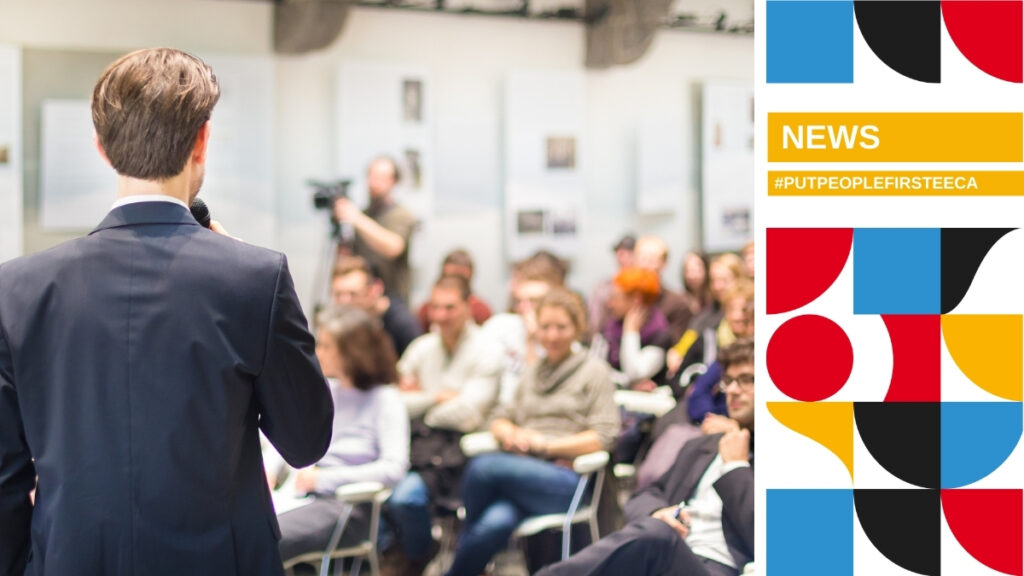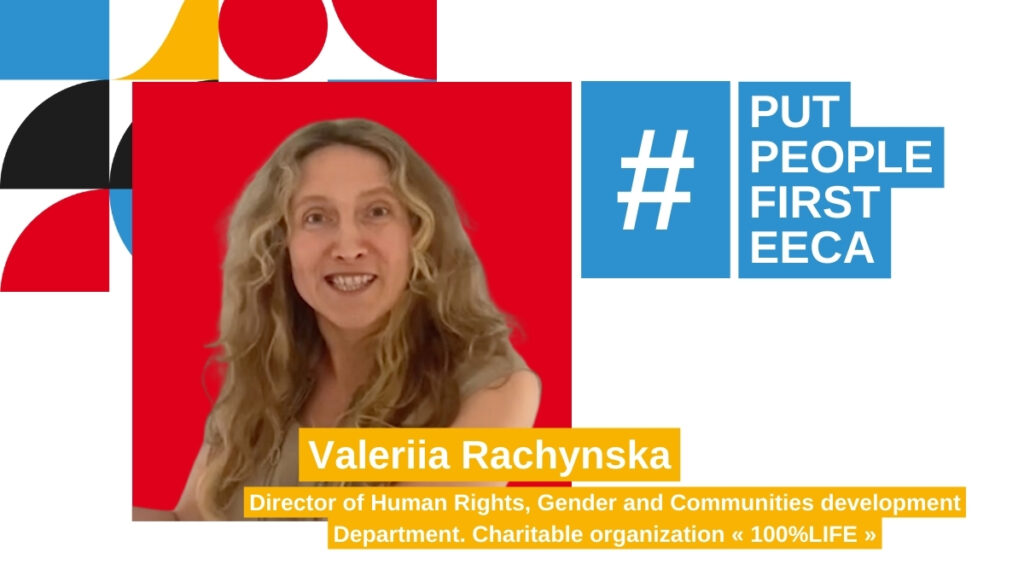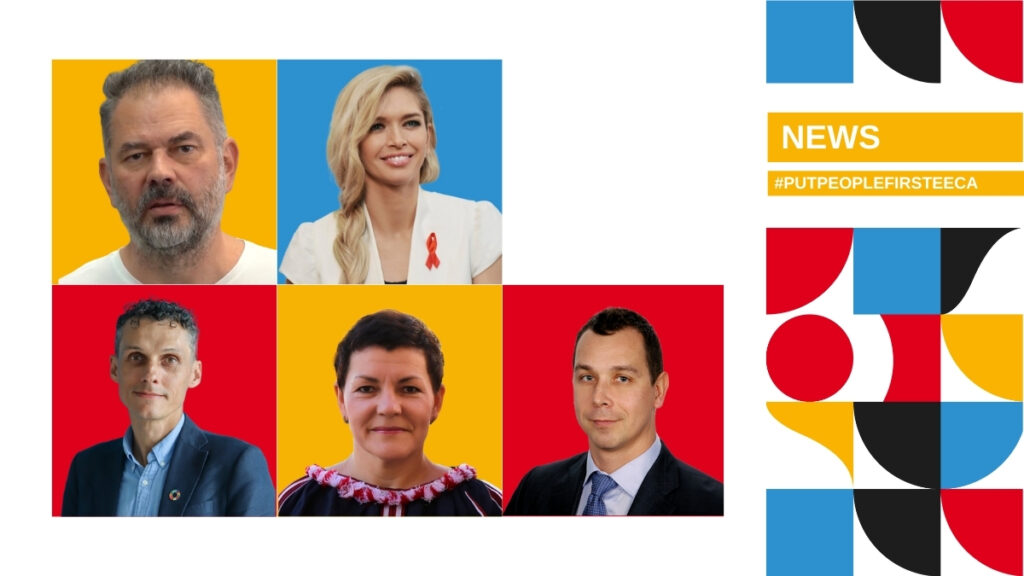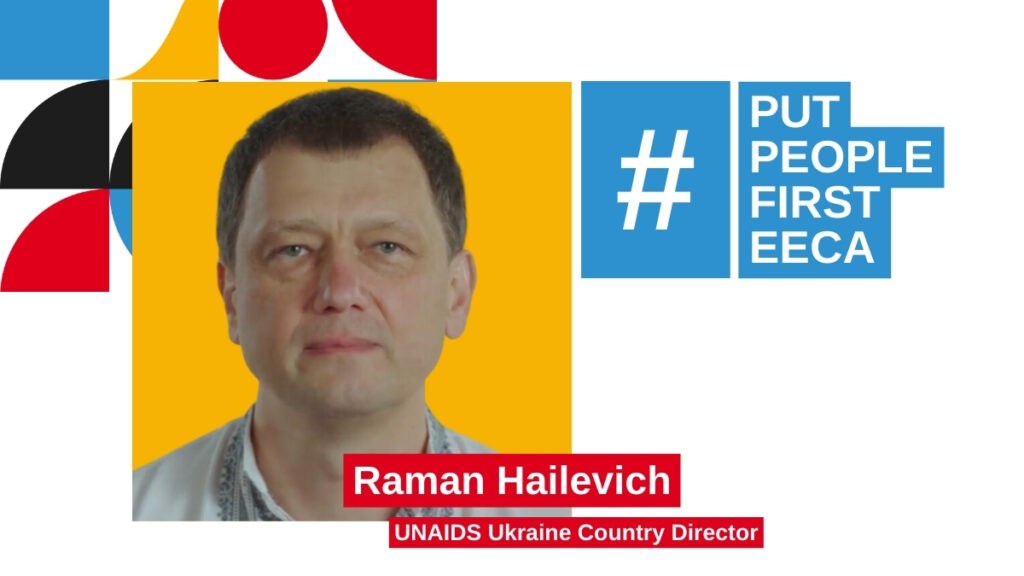Ensuring HIV and TB Services Amid Challenges: Insights from Maka Gogia
Ahead of of the International AIDS Conference – AIDS 2024, as part of the regional #PutPeopleFirst campaign, VirusOFF meets with leading experts from the Eastern Europe and Central Asia (EECA) region to discuss key aspects where health and human rights come to the fore. These issues not only have a significant impact on the lives […]


